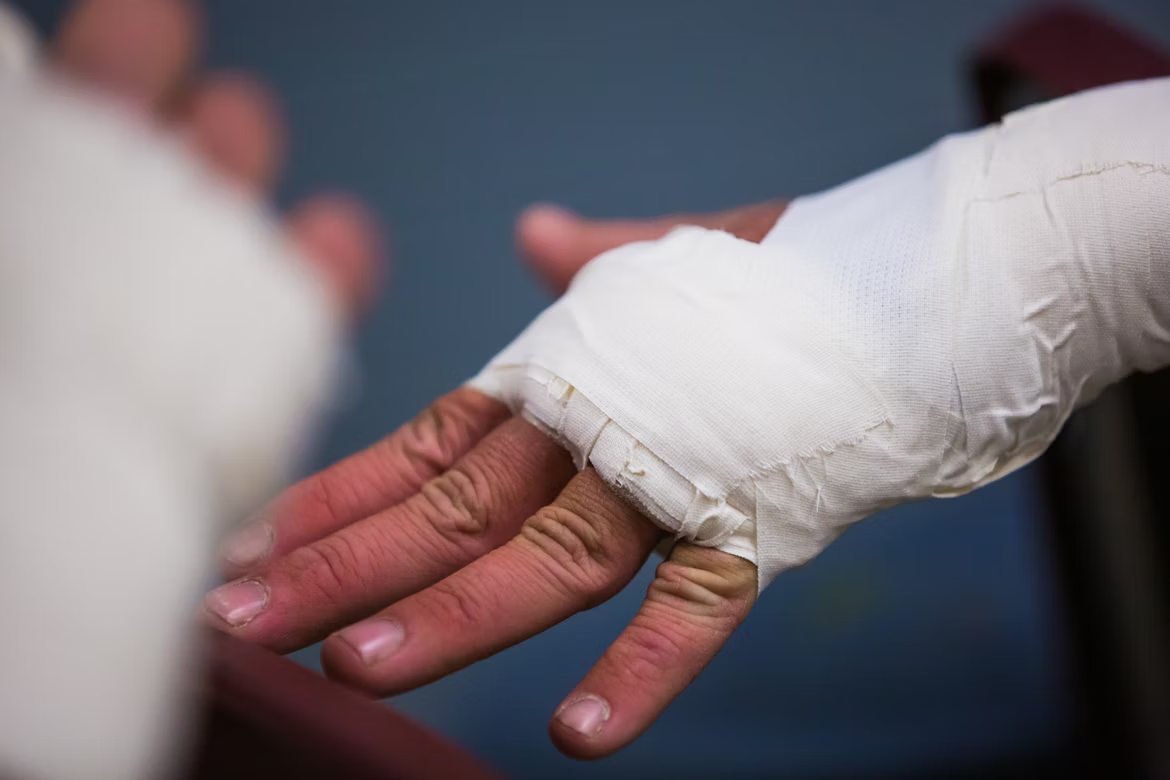
Personal injury law covers a broad range of incidents where one party suffers harm due to another’s negligence. From car crashes to workplace accidents, knowing the most common types of personal injury cases helps victims better understand their legal options. This article outlines five major categories of personal injury cases and explains why each matters in protecting individual rights and securing fair compensation.
Motor Vehicle Accidents
Car, truck, and motorcycle accidents make up the most significant portion of personal injury claims. When a driver fails to follow traffic rules or drives under the influence, the consequences can be devastating. Victims may suffer from broken bones, spinal cord injuries, or even long-term disabilities.
After an accident, legal action typically revolves around proving negligence—showing that the at-fault driver breached a duty of care. Victims often pursue compensation for medical bills, lost income, and emotional suffering. Insurance companies may try to settle quickly, but working with a personal injury attorney ensures victims receive full compensation.
Slip and Fall Accidents
Slip and fall cases fall under premises liability law. These incidents occur when property owners fail to maintain safe conditions. Wet floors, uneven walkways, poor lighting, or a lack of warning signs can cause serious injuries like fractures, back injuries, or head trauma.
Property owners have a legal duty to keep their premises safe for visitors. If they neglect this responsibility, they may be held liable. Victims need to document the hazard and seek medical attention right away. Legal claims may vary depending on whether the injury happened in a public place, a private business, or a residential area.
Medical Malpractice
Medical malpractice occurs when healthcare providers deviate from accepted standards of care, resulting in patient harm. Common examples include surgical errors, misdiagnosis, medication mistakes, and birth injuries. These cases are complex and often require expert testimony to establish the medical mistake.
To succeed in a medical malpractice claim, the victim must prove that the provider owed a duty of care, violated that duty, and directly caused harm. Damages in these cases can be extensive, including medical expenses, loss of future income, and pain and suffering. Because malpractice laws differ by state, timely legal advice is crucial.
Workplace Injuries
Work-related injuries are also common personal injury cases. While workers’ compensation covers most employees, not all workplace injuries fall under this system. If a third party, such as a contractor or equipment manufacturer, caused the injury, a separate personal injury claim may be possible.
Workplace injuries can result from unsafe equipment, lack of training, or hazardous conditions. Victims may face long recovery times and financial hardship. Filing a claim can help recover benefits beyond workers’ compensation, such as damages for pain and suffering or punitive damages in cases of gross negligence.
Product Liability
Product liability cases arise when defective or dangerous products harm consumers. These include faulty electronics, unsafe toys, contaminated food, or defective auto parts. Manufacturers, distributors, and retailers may all be held accountable if a product causes injury due to a design flaw, manufacturing defect, or lack of warnings.
Victims in product liability cases must prove the product was defective and that the defect caused their injury. These cases often involve class action lawsuits when multiple consumers are affected. Legal representation is essential in navigating these claims and proving manufacturer negligence.
Personal injury law plays a critical role in ensuring justice for victims of negligence. Whether it’s a car accident, a hazardous property, or a faulty product, knowing your rights can make a difference in recovery and compensation. If you or someone you know has experienced any of these injuries, consider speaking with an experienced personal injury attorney to evaluate your case and protect your legal interests.